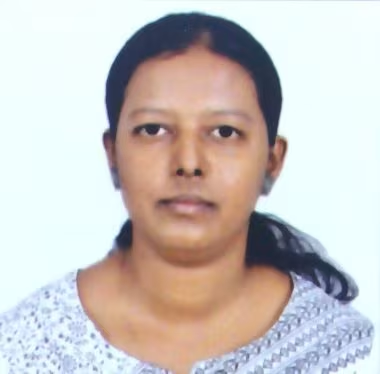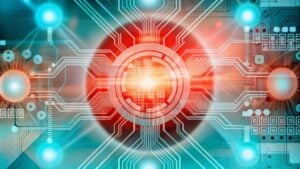Professor Brian Cox to Speak on Quantum Mechanics at Infosecurity Europe 2025
Get ready for an incredible event! Renowned physicist Professor Brian Cox is headlining Infosecurity Europe 2025. He will discuss fascinating topics like black holes, quantum mechanics, and their impact on the future of cybersecurity. This annual conference takes place from June 3rd to June 5th, 2025, at ExCeL London.
Quantum Leap in Cybersecurity: Are We Ready?
Quantum computing, a field harnessing the weird laws of quantum mechanics, is on the horizon. While fully operational quantum computers aren’t here yet, their arrival is inevitable. Furthermore, experts predict significant impacts by the end of the decade. This technology holds amazing potential, but also presents a huge challenge to cybersecurity. Moreover, most of our online security relies on systems easily broken by quantum computers. That’s a serious problem!
The Threat of Quantum Computers
Think of it this way: current encryption methods, which protect everything from your online banking to your social media accounts, are vulnerable to quantum computers. These powerful machines could crack codes in a fraction of the time it takes traditional computers. Consequently, this leaves our data exposed to hackers and threats. The Infosecurity Europe 2025 Cybersecurity Trends Report highlights this worrying reality. A shockingly low percentage of cybersecurity professionals feel their organizations are adequately prepared.
Post-Quantum Cryptography (PQC): A Necessary Shield
Fortunately, scientists and engineers are working hard to develop Post-Quantum Cryptography (PQC) algorithms. These new methods are designed to withstand the power of quantum computers. However, implementing PQC effectively requires careful planning and understanding. It’s a race against time to secure our digital world!
Professor Brian Cox: Bridging the Gap Between Black Holes and Cybersecurity
Professor Brian Cox, a leading experimental physicist, will deliver a keynote speech at Infosecurity Europe 2025, titled Black Holes and Quantum Computers. This isn’t just about theoretical physics; it’s about the real implications for our digital lives. In his presentation, Professor Cox will explore the surprisingly relevant connection between the information storage capacity of black holes and the development of stable quantum computers. He’ll translate complex scientific concepts into accessible insights that will give you a fresh perspective on the future of cybersecurity.
We are on the cusp of a breakthrough as we see its principles being applied to computing in ways that could transform the digital world – Brian Cox
Understanding the Imminent Threat
Professor Cox emphasizes the urgency of understanding the quantum computing revolution. Quantum computing pushes the boundaries of physics, he says, and it presents fundamental challenges, particularly in cybersecurity. His speech will help bridge the gap between complex scientific concepts and their real-world impact. Thus, making the topic relatable and engaging for everyone.
Inspiring the Next Generation of Cybersecurity Experts
This keynote speech is significant because it highlights the crucial intersection of physics, computer science, and cybersecurity. It’s a call to action for young people to pursue STEM education and careers in these critical fields. Moreover, it underscores the need for collaboration across various scientific disciplines to address the growing cybersecurity threats posed by quantum computing. The future of online security depends on it!
Additionally, to stay updated with the latest developments in STEM research, visit ENTECH Online. Basically, this is our digital magazine for science, technology, engineering, and mathematics. Furthermore, at ENTECH Online, you’ll find a wealth of information.






